Starting your very own business venture should be an exhilarating time in your life.
Working for months, if not years, to put the plans in place to finally open your doors to the public is incredibly rewarding.
Unfortunately, new businesses can sometimes suffer from not having the correct accounting procedures in place. If you’re not sure where to start, don’t worry. Here’s how to make sure you’re set up for success.
What accounting methods are there?
When it comes to accounting for your business, there are two main methods to choose from.
The first is the accrual method. This means you track your transactions even if they haven’t cleared yet. For example, if you have a debt that hasn’t been paid off, this method will take it into account. You will include any outstanding invoices in your financial statements.
The other is the cash method. By doing this, you recognise funds as they are paid and received. This is usually better for smaller businesses. HMRC says that smaller businesses and sole traders with a turnover of less than £150,000 per annum can use the cash method. Most businesses start with the cash method but move over to the accrual method as things get busier.
Businesses can use the cash method up to a total business turnover of £300,000 a year. Once you’ve passed this threshold, you will have to use the accrual method.
Understanding your financial statements
When running a business, you will have three main financial statements you need to keep track of, which will monitor your revenue, expenses, liabilities and cashflow.
The first of these is your cashflow statement. This will show you how much cash is coming in and going out of your business within select periods. Your cashflow statement will include operational costs, such as money earned from the sale of your goods and services, your net income and received payments from invoices.
You will also include any investments you make as a business and any financing you receive from investors and lenders. Keeping track of your cashflow will mean you can check to see if you have as much coming in as you do going out. If you don’t, this will cause a negative cashflow.
Next, you have your balance sheet. Your balance sheet will list your assets and liabilities. Any assets your business owns, like equipment or even cash and inventory, will be listed, as well as your business’s tax liabilities or outstanding debt amount.
To get a clearer picture of the value of your business assets, you will need to calculate your equity. This will involve subtracting your liabilities from the assets belonging to the owners of the business. The left-over figure will show the value of your investment in the business.
Finally, you will also need a profit and loss statement (P&L). With the P&L, you can figure out your net income based on your expenses, revenue and cost of goods sold.
First, you’ll need to calculate your gross profit by subtracting the cost of goods sold from your overall revenue. To find your net profit, you’ll have to take away any expenses from your revenue. Once you’ve done this, you take your net profit from the gross, leaving you with your net income.
Once you’ve combined all three of your financial statements, you’ll be able to easily keep track of your bottom line and know exactly where your money is going. This is essential, especially if you realise you’re making a loss, as it will give you time to rectify it.
Ask for help
Diamond Accounts has been working with startup businesses for many years. We understand that not everyone has the same level of understanding when it comes to accounting for a business – but that’s why we’re here.
We offer our services to give business owners like you the opportunity to share the load, allowing you to focus on your new venture.
Not only can we help with accounting, but our team also specialises in bookkeeping, payroll and self-assessment tax returns. When combined, these services will save you time and money, which would be spent on hiring dedicated members of staff.
Get in touch to discuss outsourced accounting for your business.

